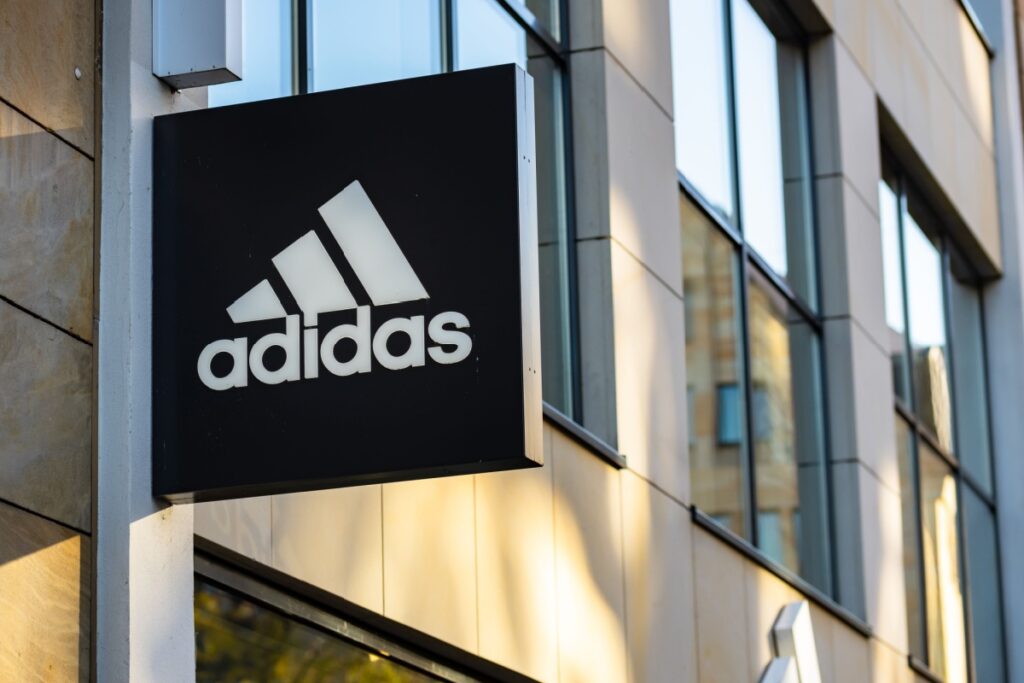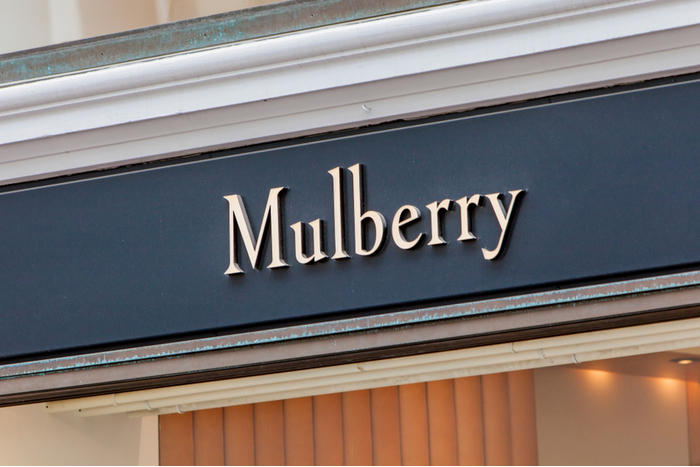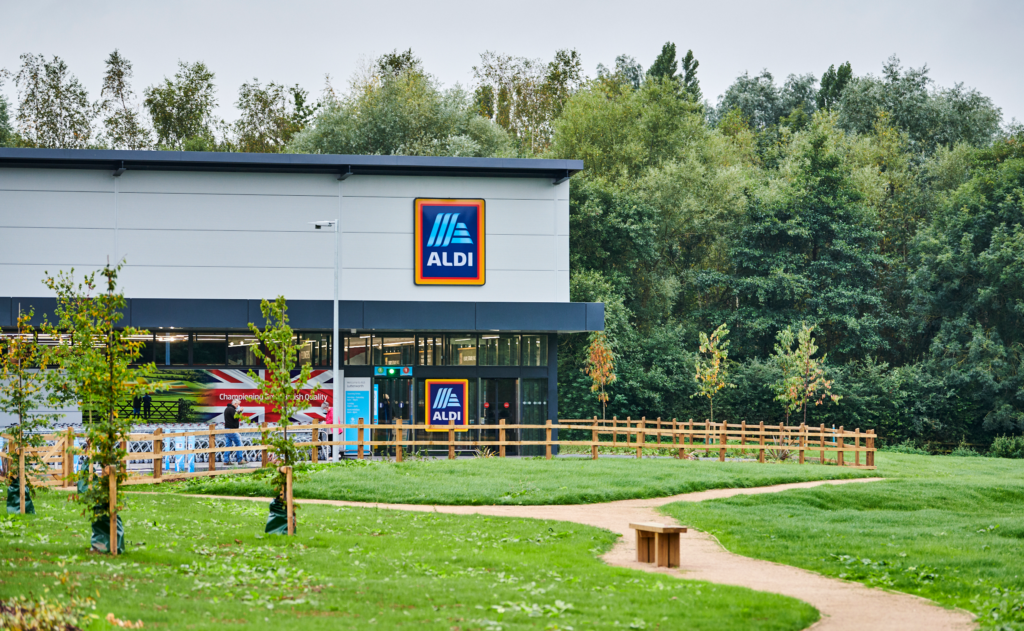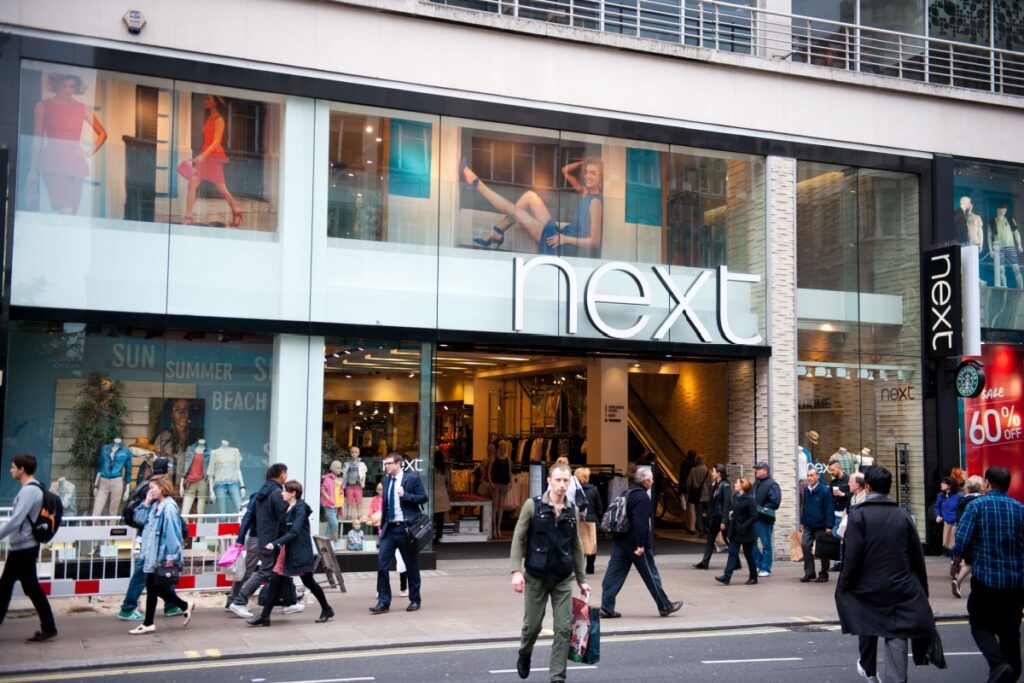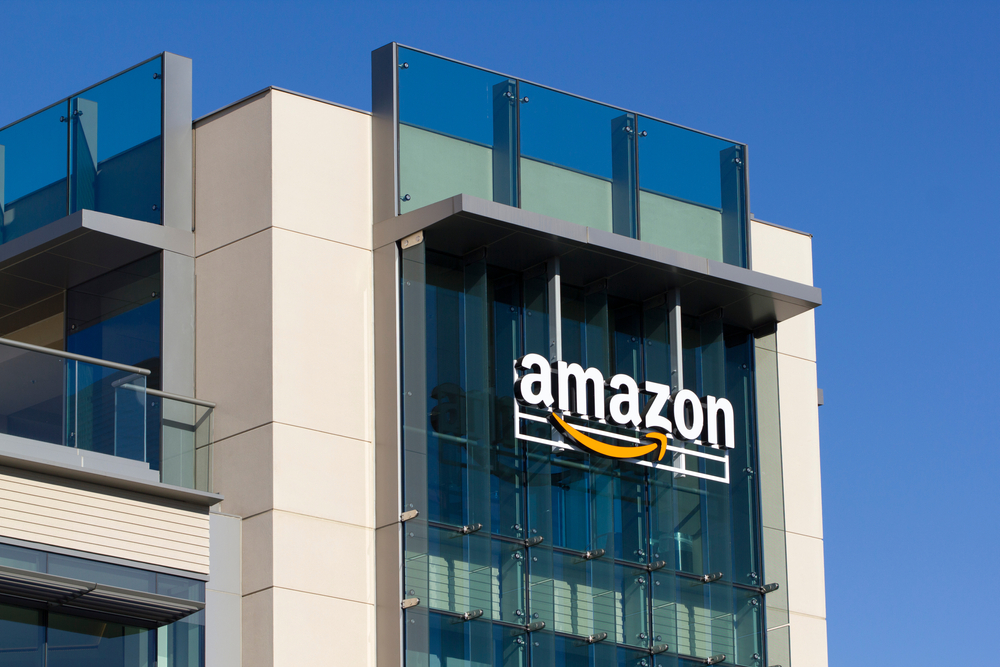2023 has been an eventful year in the world of retail, from the collapse of a high street stalwart to eye-watering inflation.
As the year comes to an end, Retail Gazette looks at some of the biggest stories that rocked the sector over the last 12 months.
Wilko’s administration

In perhaps the biggest retail story of the year, value giant Wilko plunged into administration in August.
The business had been faltering for some time as it failed to keep up with value rivals B&M, Poundland and Home Bargains, which have all been growing rapidly and stealing its market share.
Indeed, Wilko had recorded sales declines in its last four financial years, with revenue falling by 18.6% between 2017/18 and 2021/22.
However, cash challenges meant the retailer had been trading with half-empty shelves for much of 2023.
Despite interest from HMV owner Doug Putnam, no buyer was found for business as a whole and The Range snapped up the Wilko brand, website and intellectual property in September, in a £5m deal.
The Range has since started opening Wilko stores and owner Chris Dawson told Retail Gazette earlier this month that he plans to open 40 more next year.
Soaring inflation

Food and drink inflation rose to 19.1% in March – the steepest rise in 45 years – due to rocketing price increases across everything from bread to eggs and milk amid rising commodity, energy and labour costs.
Soaring food prices put the grocers under the spotlight and, despite the wafer-thin margins they operate on, execs from Tesco, Sainsbury’s, Asda and Morrisons were hauled in front of MPs to investigate whether the sector was profiteering from the cost-of-living crisis.
Rising prices put a squeeze on consumer spending throughout the year, and although inflation has finally started to ease, shoppers sill remain cautious with Accenture research revealing 64% of UK adults plan to reduce their spending over Christmas.
John Lewis chair Dame Sharon White resigns
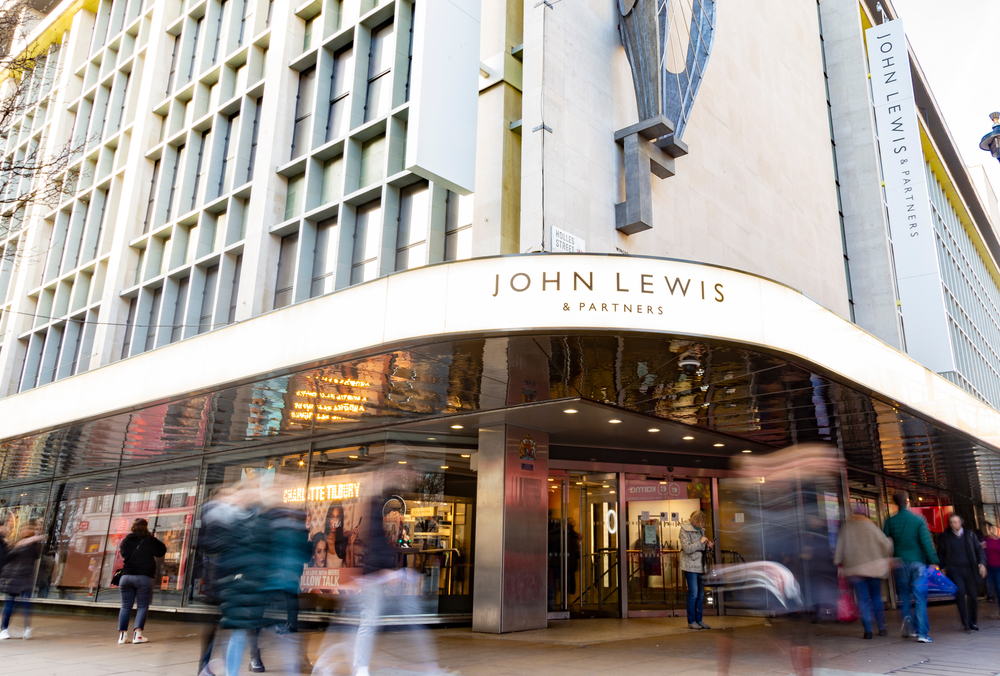
The news came a month after White said that her big five-year plan that she promised would deliver £400m a year in profits at the department store and grocery group would be delayed by two years.
John Lewis Partnership’s latest half-year results showed it had only narrowed losses by 14%, meaning the group was almost £60m in the red.
While she faced difficulties such as the pandemic and cost-of-living crisis during her run, White also had some factors go in her favour like the demise of Debenhams – however, very little of that custom appears to have gone John Lewis’ way.
Although White has had some successes, such as the launch of John Lewis value range Anyday, some elements of her plan such as its foray into housing has been met with criticism.
It’s clear there is still much for John Lewis Partnership to do in order to return to former glories, with or without White at the helm.
Frasers Group and Next’s acquisition spree

Frasers Group and Next continued their acquisition sprees over the year as the pair emerged as retail’s big buyers.
Frasers Group bookended its year with the acquisition of JD Sports’ non-core fashion brands, including brands such as Tessuti, Scotts, Choice, Giulio and Cricket, at the beginning of 2023 and Matchesfashion just this week.
The retail group also undertook some impressive stake-building over the year, taking a slice of retailers including AO World, Boohoo and Currys.
It also repeatedly upped its shares in Asos, with its stake currently sitting at 17.2%, and raised its stake in N Brown to 17.88% at the start of the year.
Next also added to its growing list of retail businesses this year.
The retailer snapped up FatFace in an £115.2m takeover deal in October, and the Cath Kidston brand name in March after it collapsed into administration.
The pair look set to continue their acquisitive ways in 2024.
The shoplifting epidemic

Retailers have been been battling a surge in shoplifting this year, which has been branded an epidemic by many retailers.
ONS data showed that shoplifting offences in the year to June was up 25% – and that’s only the incidents recorded by the police.
The Co-op managing director Matt Hood said that crime levels had jumped 35% at the convenience chain during the first half of the year, with almost 1,000 incidents every day.
Hood said thieves had cost the business £33m over the period amid a rise in what he termed “shop looting”, where large amounts are stolen by organised gangs.
Meanwhile, Iceland boss Richard Walker revealed that its staff had been “slapped, punched and threatened with a range of weapons including knives, hammers, firearms and hypodermic needles”.
Retailers have upped security measures with grocers including Tesco, Aldi and Lidl rolling out body cameras to staff while Tesco has also installed protective screens in over one hundred of its Express stores and petrol station kiosks.
Elsewhere, The Co-op and M&S have limited the number of products on shelves to deter shoplifters, while both Sainsbury’s and Morrisons have introduced barriers at self-checkout areas where shoppers have to scan their receipts to exit.
Ten of Britain’s largest retailers also set out to fund Project Pegasus in September, a new police operation in a bid to deter shoplifters.
After much lobbying by the retail industry, the government launched a new Retail Crime Action Plan to combat shoplifting in October.
The plan, published by the National Police Chiefs Council, set out how police should respond to and investigate thefts against convenience stores and other retail businesses.
Subscribe to Retail Gazette for free
Sign up here to get the latest news straight into your inbox each morning
Boohoo and Revolution’s boardroom bust up
 Beauty retail turned ugly this summer as Revolution Beauty and its largest shareholder Boohoo were at war.
Beauty retail turned ugly this summer as Revolution Beauty and its largest shareholder Boohoo were at war.
The feud started when Boohoo revealed it would vote against the reappointment of Revolution Beauty’s CEO, CFO and chair as it sought to install its own new team “with the right retail, ecommerce and consumer brands experience is required to deliver shareholder value”,
Boohoo felt that growth at Revolution Beauty was stagnating under its current leadership and it had failed to move away from the accounting scandal that was discovered in the summer of 2022.
An ugly feud followed, with Revolution calling Boohoo’s attempted coup “nothing short of value-destructive, opportunistic and self-serving”. Meanwhile, in a somewhat bizarre AGM, Revolution’s senior execs were all fired, only to be immediately re-elected by independent director Jeremy Schwartz.
Ultimately Boohoo emerged victorious as the beauty brand’s senior execs resigned and the fashion giant’s candidate Alistair McGeorge was appointed executive chair under the peace deal.
Boohoo’s former finance director Neil Catto joined McGeorge earlier this month, replacing CFO Elizabeth Lake.
The much-needed Oxford Street revamp

Oxford Street has been on its knees in recent years with a raft of vacancies and downmarket stores setting up shop.
The proliferation of dubious American candy stores came to encapsulate the travails of the famous shopping street.
However, efforts to rejuvenate Oxford Street were ramped up this year.
A crackdown by Westminster City Council saw the number of American candy and souvenir shops fall from a peak of 29 to 21.
The council also signed off on the first stage of funding for a £90m overhaul of Oxford Street in September.
As part of its plans, the mile between Marble Arch and Tottenham Court will be redesigned with wider pavements and new additional crossings to help boost footfall along the street.
The Oxford Circus junction will also be remodeled to provide more space for shoppers to cross, while increased parking for bikes and e-scooters will be added to nearby side streets.
The council also joined forces with New West End Company in July to offer rent-free shops on the street to small businesses, as a consultation on the future of the famous shopping street began.
Meanwhile, new flagships from HMV, Under Armour and Kurt Geiger bolstered the street, with more openings expected in 2024.
In fact, property firm Savills forecasts that the vacancy rate on the street will fall from 7.3% to 3.6% by the end of the third quarter next year.
The rise of Shein and Temu

Ecommerce sales may still be stunted, however Chinese online giants Temu and Shein are still making waves.
After making a splash in the US, Temu began selling its products across the UK in April.
In September, it was revealed that the business had been the UK’s most downloaded shopping app for five consecutive months, according to data insight platform data Ai.
Meanwhile, online fashion giant Shein continued its UK assault.
Its UK business raked in more than £1bn in sales last year as GlobalData forecasts it will become one of the top 10 apparel firm’s in the country by market share in 2023.
Shein, which is now headquartered in Singapore, only set up its British division in September 2021 but is expanding rapidly here.
It acquired online fast fashion retailer Missguided from Frasers this year and has also expressed an interest in making a bid for Topshop.
Shein is also understood to be mulling listing on the London Stock Exchange.
Click here to sign up to Retail Gazette‘s free daily email newsletter



